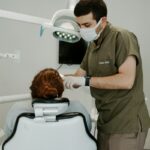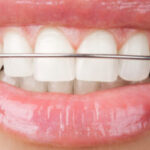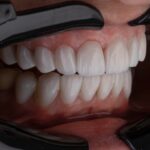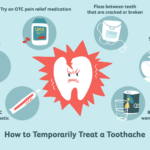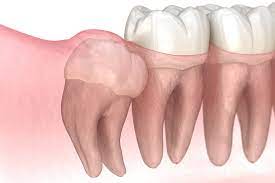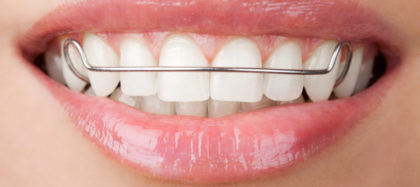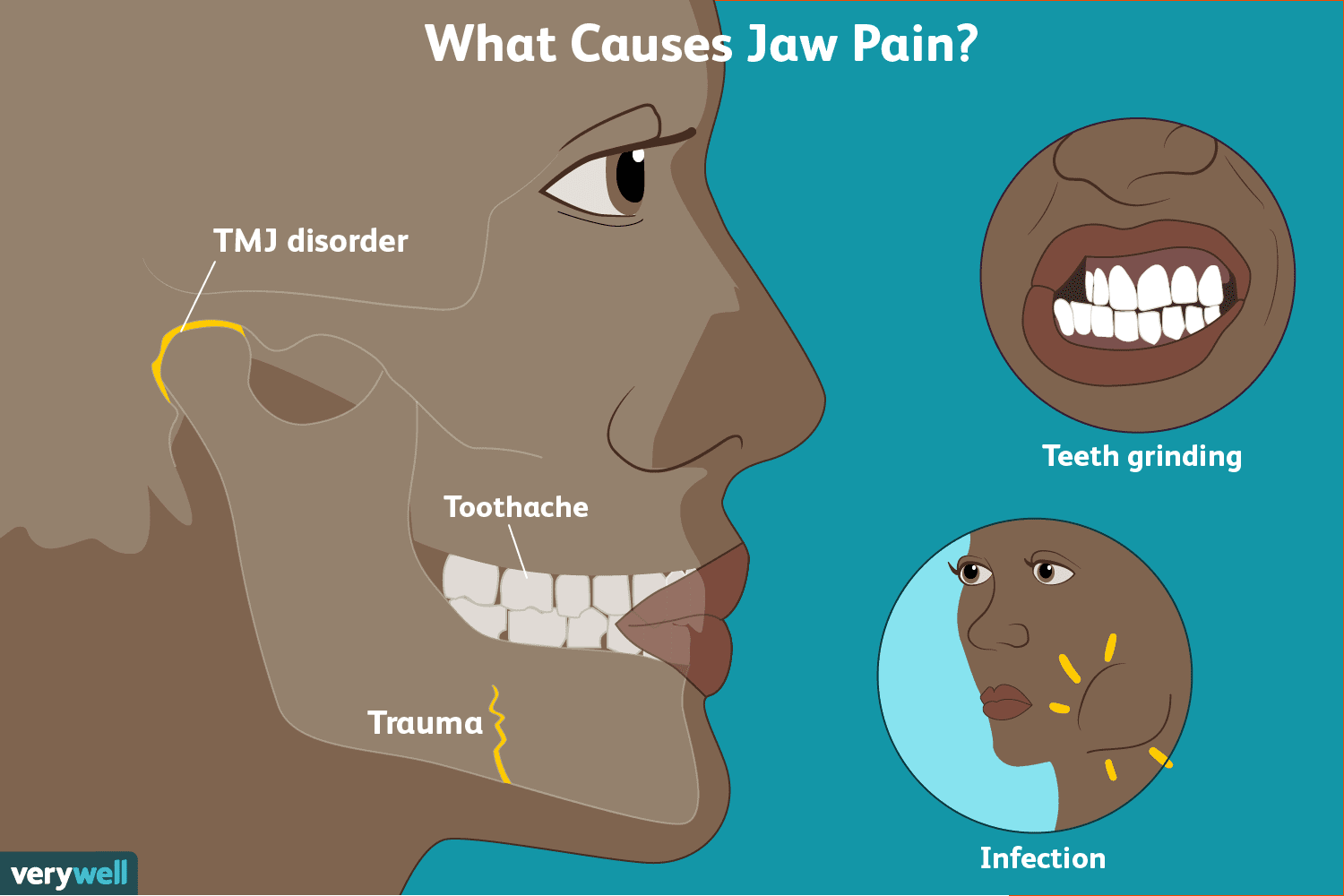Do I Need Braces After Wisdom Teeth Removal?
Orthodontic treatment can fix a wide variety of dental problems. From crowding to misalignments, braces can make a significant difference in your smile.
During orthodontic treatment, your orthodontist uses brackets and wires to move your teeth into position. They tighten these brackets over time to create torque, giving you a straight smile.
Problems with Impacted Wisdom Teeth
There are several problems that may occur with impacted wisdom teeth, including pain, infections and damage to surrounding teeth. These are reasons why dentists and oral surgeons often remove them.
Partially erupted wisdom teeth are harder to clean than other teeth because they can’t be reached with a toothbrush, floss or dental floss. Food and bacteria get stuck between them, causing cavities and chronic bad breath.
Impacted wisdom teeth can also cause infection in the gum tissue around them, referred to as pericoronitis. This is a condition that requires treatment because it can spread to the jaw, cheeks and neck.
In addition, impacted wisdom teeth can damage adjacent healthy teeth or form cysts. These growths can become painfully infected, swollen and deteriorate the bone around them. They should be removed as soon as possible before they can cause further damage.
Pain
Wisdom teeth are not a major concern for most people, but you may want to consider removing them before undergoing orthodontic treatment. This will help you receive optimal results from your braces and keep you healthy as well.
The pain associated with wisdom teeth removal is temporary, and usually subsides within a few hours. Swelling will also subside in a day or two.
During the procedure, your dentist will place an antiseptic gauze pack in the extraction site to control bleeding. Bite down firmly on the gauze for 30 minutes to avoid excessive bleeding.
After removing the wisdom tooth, your gums will likely be sore for several days, especially around the extraction site. This is because the area is healing from surgery and re-establishing blood clots that will speed up the recovery process.
You should avoid vigorous mouth rinsing or chewing in the area of the extraction for a day or so to protect the blood clot and allow it to form properly. You should also limit your consumption of crunchy foods and hard drinks because these can dislodge the clot.
Infections
The risk of infection is low when you follow the post-op instructions that your dentist gives you. However, a small number of patients develop an infection after having their wisdom teeth removed.
Symptoms of an infection can include lingering pain, bleeding, and the return of discomfort. If any of these symptoms persist, you need to see your dentist immediately.
Pain is usually the first symptom of an infection. It may come on suddenly or slowly over a few days and is often accompanied by swelling in the jaw and gums around the tooth.
Swelling can also be seen in other parts of the face and in lymph nodes. This is a sign that the infection is spreading and needs to be treated.
Infections around impacted wisdom teeth are known as pericoronitis and account for 6-9% of emergency dental visits each year. Fortunately, most infections are not serious and can be easily treated with antibiotics.
Damage to Surrounding Teeth
In some cases, a tooth’s removal may result in damage to surrounding teeth. This happens when impacted wisdom teeth are located near molars that are crowded or misaligned.
This often leads to cavities, and it can be difficult to clean these molars properly. Infections can also develop in the gums and jawbone around partially erupted wisdom teeth.
These infections are called pericoronitis and occur when bacteria enter the gum tissue around impacted wisdom teeth. It causes pain, swelling and irritation that makes it difficult to close your mouth or bite down.
The infection may be temporary, but it can cause serious complications if left untreated. Call us if you notice any of these symptoms.
If your wisdom teeth are causing pain, make sure you see your dentist and get them removed as soon as possible. It’s rare for problems to develop with this common dental procedure, but there are a few things you can do to help your recovery go smoothly.
